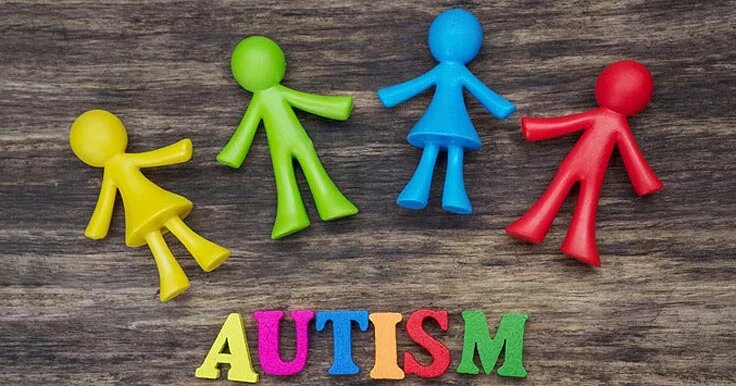By Maria Papagiannopoulou,
ASD is a broad term that encompasses a wide range of neurodevelopmental issues. Although autism is not a disease, it can have a positive impact on a person’s life. It has a wide range of effects. Some people would make a long-term commitment, but others can live and work independently. The highlights of the illness may be visible from the early stages in a very small number of patients. In some cases, the indicators may become more obvious as the person grows older.
Parents or caregivers may notice that their young child is acting strangely:
- does not chatter by the age of 12 months or create words by 16 months
- does not respond when individuals see them but responds to other sounds
- does not make eye contact
- lines up toys or objects too much
- does not want to be snuggled
- does not play with others or play make-believe diversions
An older child may:
- have trouble beginning discussions
- have trouble making companions and collaboration with others
- utilize monotonous or atypical dialect
- be awkward with changes to their schedule
- be amazingly obsessed with particular themes or object
ASD can impact a person’s way of considering and talking. The person can be effortlessly influenced to a few boosts, such as light, sound, and taste, driving to the overstimulation of one or more resources. This may be called material overload. It can make standard experiences, like getting to a shopping center, bewildering and overwhelming.
Other individuals may take note that the person with ASD has:
- atypical discourse designs and tone of voice
- late improvement of discourse aptitudes
- difficulty maintaining or reacting to conversation
- constrained eye contact
- restricted reaction to social interaction
- repetitive discourse and behavior designs
- trouble in understanding other people’s sentiments and expressing their own
The person may moreover appear tedious behaviors, such as:
- hyper focus on a particular theme, such as cars or prepare timetables
- a preoccupation with specific objects, such as a toy or family thing
- monotonous developments, such as shaking from side to side
- lining up or arranging toys or objects in an orderly way
- requiring to go through a unsurprising schedule each day
For an amazingly independent person, a break in schedule, an unforeseen event, or introduction to uproarious, overstimulating circumstances can be overwhelming. Such circumstances can lead to changes of shock, disappointment, inconvenience, pity, or shutdown that others may befuddle as “bad” behavior.
Generally 1 in 10 extremely introverted people show up signs of scholarly clutter, in which an individual has remarkable capacities in a particular field. Their fitness may possibly be playing a melodic instrument, calculating complex entireties at tall speed, or memorizing perpetual sums of data.

Strategies and skills
Extremely introverted people may carry on in ways that show up anomalous to others. In reality, these behaviors —for case, performing a monotonous advancement— are most likely to be methods for making a difference them adapt when they feel overwhelmed.
These behaviors may be ways for a person to:
- secure themselves from an environment that feels overpowering
- manage their feelings
- set up a sense of order
Neurotypical people may not consider these reactions, which can lead to the person feeling disengaged and troubled. Guardians, caregivers, and others can maximize a child’s quality of life by learning nearly ASD and giving bolster.
For instance, they can help by:
- learning how ASD affects the child
- tolerating that whereas an extremely introverted individual may be distinctive than a neurotypical person, they are still a total person with their claim qualities and shortcomings
- being consistent in routines and rules
- building on the child’s qualities and interface
- researching and building up a support network
- following schedules where conceivable
- arranging and planning for changes in progress
- avoiding overstimulating situations where conceivable or presenting them continuously
- listening to extremely introverted individuals who talk and write about their experiences
- encouraging cooperative behavior by setting limits and offering choices
They can also work with the child to find out:
- what triggers a reaction
- what reactions are likely to occur and when
- what they enjoy and dislike
- how they best communicate
- how they prefer to learn
- what their strengths and weaknesses are
References
- Definition of Autism, Autism Awareness Centre Inc., Available here
- How Important Are Relationships in the Lives of People with Autism?, Autism Awareness Centre Inc., Available here
- Autism Spectrum Disorders, World Health Organization, Available here




